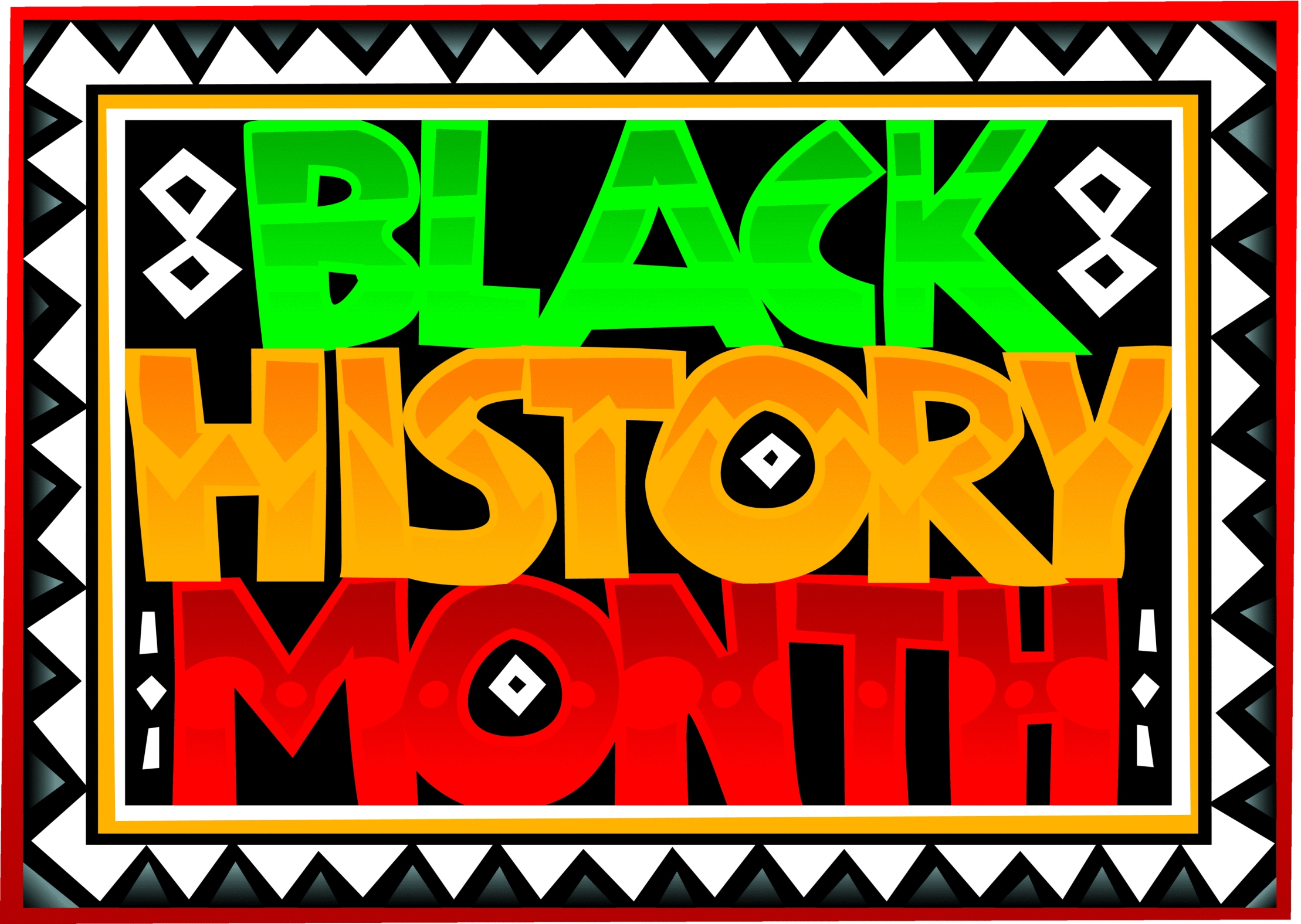A response to the student who had an issue with Black History Month.
The only accurate piece of research in an article on Black History Month, published by The Gryphon last week, is the acknowledgement that it is observed in October here in the UK. Beyond that, the piece is opinionated and rooted a one-dimensional, narrow, and naïve view of race-relations in the UK.
Black History Month is indeed important for celebrating the accomplishments of Black people in the UK. Particularly in Leeds, there has been a great deal of focus on our contemporary and historical contributions to literature, healthcare, philosophy and other academic fields. Last year’s BHM celebrations were led by the theme “Why Is My Curriculum White?” to, in part, bring light to the diversity of scholars in these fields that are not highlighted nearly as they should be. Meanwhile, this year’s events have also focused on Black British activism, mental health, contributions to the music, arts, and fashion, amongst other things. What has been done by LUU in BHM has not “harm[ed] race relations between people” or justified identity politics as the aforementioned article argues.
I wonder if the student has actually been to a BHM event, attended in large numbers by students of all races who simply wish to learn about the lives of people who are socially ostracised, historically erased, and globally displaced. For all the students who have been attending, BHM events have not contributed to any emerging “black-tocracy” that the article contends is being created.
I fully agree that, in an ideal world, one’s merits would be the only measurement of their dues. But we are not in an ideal world. Beyond the structural oppression that may be experienced through blackness, many students are poor, some are differently abled, and others are excluded due to their sexual orientation and identity. The idea that we are anywhere close to a meritocracy is caused by naivety and a refusal to interact with the reality of being black in Britain. That the writer equates the slave trade to modern human trafficking is also problematic. It is my belief that BHM is much much more than the slave trade. But it is my belief that if people do not know about it and teach others about the source of the greatest displacement of a single racial group in history then we only open ourselves up to further violations of human rights. It is also my belief that teaching about the slave trade has never been a cause of human trafficking. That the writer would imply this only again reflects their naivety and willingness to reduce the complexity of our multiple social issues to a comfortable and arbitrarily chosen denominator.
That Black History Month is necessary should not even be an argument that is being had in 2016. Police openly kill black people in the Americas, European states demonise and disenfranchise black people and others of colour, and here in the UK we do all these things in a more violent and hidden manner, a way that makes it more difficult to perceive and harder to challenge. I believe it is for this reason that this year’s BHM celebrations have highlighted the importance of Black Lives Matter UK and its American sister, in order to shout about the home-grown and national plight of black people. It is for the sake of Sarah Reed and Mzee Mohammed amongst others in 2016, Roger Sylvester, David Bennett, Sean Rigg and many many more siblings. It is for the sake of those who are disenfranchised and displaced due to their blackness, poor because of it, arrested and killed because of it. It is to teach, empower and liberate black people. In the end, BHM is not for you. It is so, for one month in 2016, the most recent minutes in a history of violence towards black bodies, we can celebrate our lives.
This has been a short and reserved response.
To find out more about this year’s BHM or get involved in the remaining events then please refer to https://www.luu.org.uk/campaigns/bhm/
Peace and Love x
Anonymous
(Image courtesy of Huffington Post UK)

